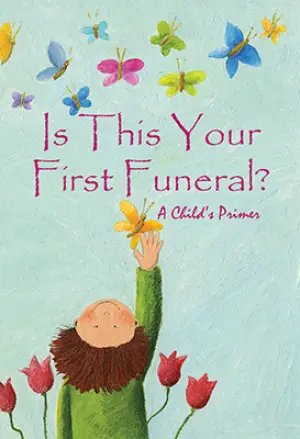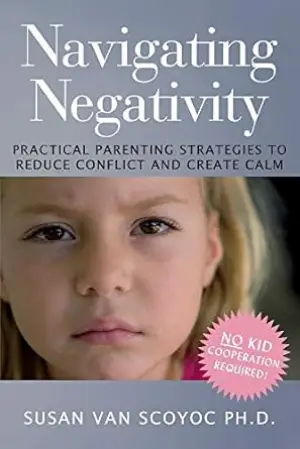How to Lose Your Mother: A Daughter’s Memoir – A Heartfelt Exploration of Unraveling Ties
When I first picked up How to Lose Your Mother: A Daughter’s Memoir by Molly Jong-Fast, I was driven by a blend of curiosity and trepidation. Having followed her work in magazines and her sharp political commentary for years, the transition to memoir intrigued me. I had no expectations of how this deeply personal narrative would unearth the complexities of familial love, pain, and the search for identity. Little did I know that I was about to delve into a tapestry of emotions woven from life experiences that many of us struggle to articulate.
Molly Jong-Fast’s memoir is a candid portrayal of her tumultuous relationship with her mother, the iconic yet often controversial author Erica Jong. From the very beginning, it becomes evident that this is not just a story about a mother-daughter bond; it’s an examination of how fame, addiction, and personal demons can fracture even the most fundamental relationships. Jong-Fast paints a vivid portrait of her mother—a woman who is both glamorous and neglectful, brilliant yet emotionally unavailable. It’s heartbreaking to see Molly’s childhood filled with longing, anxiety, and a sense of inadequacy, magnified by the complexities of being the daughter of a narcissistic figure in the literary world.
What struck me most about this memoir was the emotional honesty. Jong-Fast writes simply yet profoundly, crafting sentences that resonate long after you’ve closed the book. Her lyrical style, though interspersed with repetitive reflections, captures the confusion of a young girl grappling with her self-worth against a backdrop of her mother’s flamboyance. I found myself moving between empathy and outrage, feeling the weight of Molly’s loneliness and the scars of her mother’s neglect.
One memorable quote encapsulated her struggle perfectly: “Love should not feel like a competition for attention.” This sentiment resonated with me deeply, reflecting my understanding of how damaging it can be to grow up in the shadow of someone else’s spotlight. It’s a powerful reminder of how parental relationships shape us in ways we often cannot articulate.
While the narrative does not offer concrete resolutions—indeed, the absence of a traditional ending can feel jarring—it mirrors the ongoing nature of healing and recovery. Molly’s candid admission of her struggles, including her experiences with dyslexia and her commitment to AA, adds layers of authenticity to her story. As she grapples with her past, the reader feels her trauma, but also her resilience.
After finishing this memoir, I found myself reflecting on the significance of sharing one’s story. In a world that thrives on spectacle, Molly’s willingness to bare her vulnerabilities offers a healing space—not only for herself, but for readers who may carry similar burdens. If you’re someone who appreciates raw, emotionally charged narratives that spark introspection, or if you’ve ever struggled with the complicated nature of familial love, I wholeheartedly recommend How to Lose Your Mother.
In a time when understanding and healing are more crucial than ever, Molly Jong-Fast’s memoir stands out as a beacon of authenticity and resilience. It might not provide all the answers, but it invites you to consider your own relationships through a lens of compassion and understanding. I hope Molly finds the healing she seeks, and I believe this memoir will resonate with many as they journey through their own complexities of love and loss.
Discover more about How to Lose Your Mother: A Daughter’s Memoir on GoodReads >>






